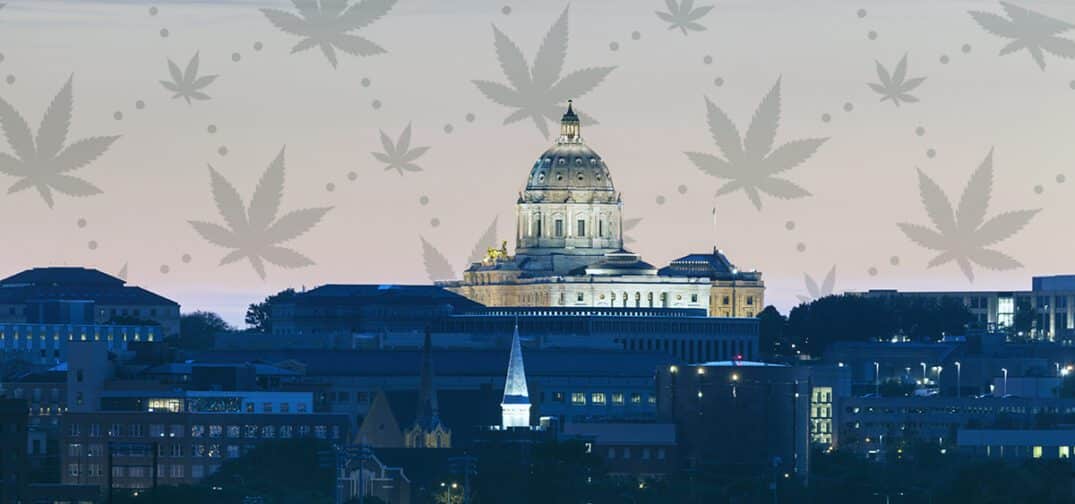The adult-use cannabis legalization bill proposed in Minnesota would allow adults 21 and older to purchase up to two ounces of flower, eight grams of concentrates, and 800 milligrams of edibles at once and the state would impose a special 8% tax on sales in addition to the state’s regular sales tax, the Star Tribune reports. The law includes home grow provisions, allowing cultivation of up to eight plants with no more than four mature.
The law would require the Bureau of Criminal Apprehension to automatically seal all records of low-level cannabis arrests, trials, convictions, and sentences, while individuals with cannabis-related felonies would see their cases go before a five-member Cannabis Expungement Board, which could expunge the case or resentence the offender to a low-level offense. The bill includes provisions to direct portions of the cannabis tax revenues toward community-building grants in areas disproportionately affected by cannabis law enforcement. The measure also includes social equity provisions that would give people from disadvantaged backgrounds a better chance at obtaining a cannabis business license.
The bill would create an Office of Cannabis Management which would be responsible for licensing – in all there would be 13 different licenses, including grower, processor, retailer, delivery services, on-site consumption, low-dose edibles, and medical cannabis.
Under the measure, employers would no longer be allowed to test for cannabis as part of the hiring process, but employers could still implement policies forbidding on-the-clock cannabis use and drug tests could still be conducted in the event of an accident or suspected consumption on company time or property. Some professions, including police, firefighters, teachers, and medical professionals, would be excluded from the ban on pre-employment testing for cannabis.
The law would require the state’s public safety commissioner to launch a pilot “oral fluid roadside test” program to determine whether a driver is impaired by cannabis. The program would help officials determine how many impaired drivers are on the road and whether the roadside test works.
The measure would set aside millions from the state’s general fund to set up mandatory middle school and high school drug education, which parents could exempt their children from. A district’s program would need to be in place by the 2026-27 school year and focus on “the health effects on children and adolescents of cannabis use.” The state Department of Health would also get funding to educate pregnant and breastfeeding women about cannabis use. Another $36 million over four years would be budgeted for substance use disorder treatment and prevention grants.
The measure would also expand the number of medical cannabis producer licenses. Currently, there are just two firms allowed to produce medical cannabis for the state program.
During the midterm elections, Democrats took control of both chambers of the state legislature and Rep. Zack Stephenson is the sponsor of the legalization measure. The measure has support from Democratic Gov. Tim Walz, who said last week he is “ready” to sign a cannabis legalization bill into law.
Get daily cannabis business news updates. Subscribe
End
